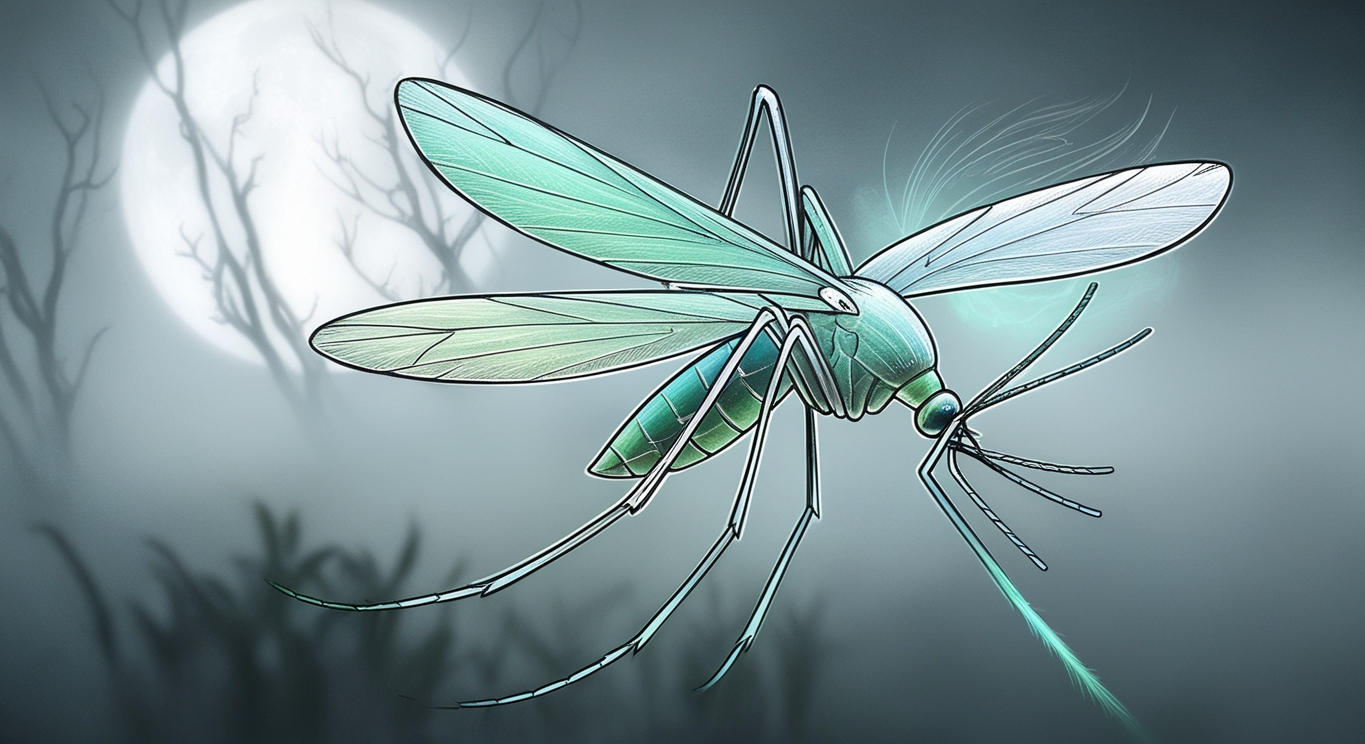
Dangers of Mosquito-Borne Diseases: How to Prevent Mosquito Bites
Mosquitoes, often seen as mere nuisances, are far more than just annoying insects. They are vectors for several serious diseases,
including dengue, Zika virus, chikungunya, and malaria. Understanding the risks posed by mosquitoes and taking preventive measures can significantly reduce the chances of contracting these illnesses.
Threat of Mosquito-Borne Diseases
Dengue Fever
Dengue fever is a viral infection spread by the Aedes aegypti mosquito. Symptoms include high fever, severe headache, pain behind the eyes, joint and muscle pain, rash, and mild bleeding. In severe cases, dengue can lead to dengue hemorrhagic fever or dengue shock syndrome, both of which can be fatal.
Zika Virus
The Zika virus, also transmitted by Aedes mosquitoes, has gained attention due to its link to birth defects such as microcephaly in babies born to infected mothers. While Zika often causes mild symptoms in adults, including fever, rash, and joint pain, its impact on pregnant women and their unborn children is particularly concerning.
Chikungunya
Chikungunya is another viral disease spread by Aedes mosquitoes. It causes fever and severe joint pain, which can last for months or even years. Although it is rarely fatal, prolonged joint pain can significantly affect the quality of life.
Malaria
Malaria, transmitted by Anopheles mosquitoes, remains one of the most deadly mosquito-borne diseases. It causes symptoms such as fever, chills, and flu-like illness. If left untreated, malaria can lead to severe complications and death.
Preventing Mosquito Bites: Essential Tips
Preventing mosquito bites is crucial in reducing the risk of these diseases. Here are some effective strategies:
1. Use Mosquito Repellents
Apply mosquito repellents containing DEET, picaridin, IR3535, or oil of lemon eucalyptus to exposed skin and clothing. Reapply as directed on the product label, especially after sweating or swimming.
2. Wear Protective Clothing
When possible, wear long-sleeved shirts, long pants, socks, and shoes to reduce skin exposure. Light-colored clothing is less attractive to mosquitoes than dark colors.
3. Install Window and Door Screens
Ensure windows and doors have tight-fitting screens to keep mosquitoes out. Repair any holes or tears in screens promptly.
4. Use Mosquito Nets
Sleeping under mosquito nets, especially if you're in a high-risk area, provides a physical barrier against mosquito bites. Nets treated with insecticides offer extra protection.
5. Eliminate Standing Water
Mosquitoes breed in stagnant water. Regularly empty and clean items that collect water, such as flowerpots, birdbaths, pet water dishes, and buckets. Ensure gutters are not clogged and consider using larvicides in water that cannot be drained.
6. Use Fans and Air Conditioning
Mosquitoes are weak fliers, so using fans can help keep them away. Air-conditioned environments are less attractive to mosquitoes than warm, humid spaces.
7. Treat Clothing and Gear
Treat clothing, shoes, and camping gear with permethrin, an insect repellent for fabric. Do not apply permethrin directly to the skin.
8. Stay Indoors During Peak Mosquito Hours
Mosquitoes are most active at dawn and dusk. Try to stay indoors during these times or take extra precautions if you need to be outside.
Mosquitoes are more than just a summertime annoyance; they are carriers of serious diseases that can have devastating health consequences. By taking preventive measures, you can protect yourself and your family from mosquito bites and the diseases they spread. Awareness and proactive actions are key to reducing the risk and enjoying a healthier, mosquito-free life.
WNCTimes
Image: WNCTimes


 How to resolve AdBlock issue?
How to resolve AdBlock issue? 